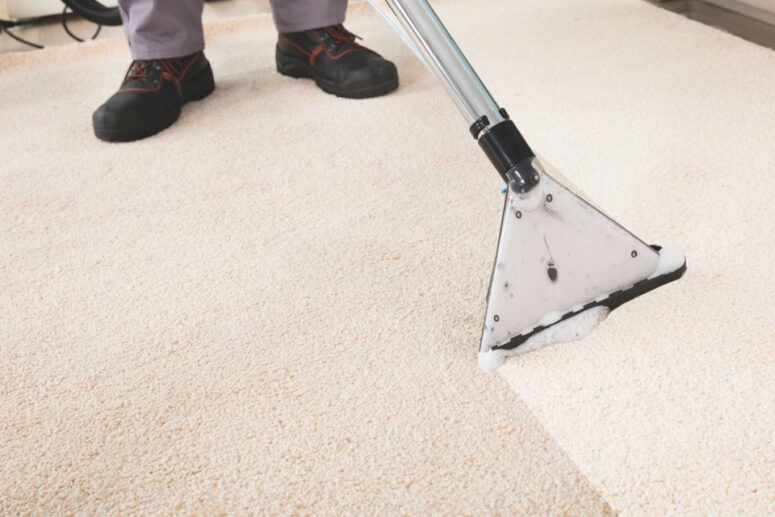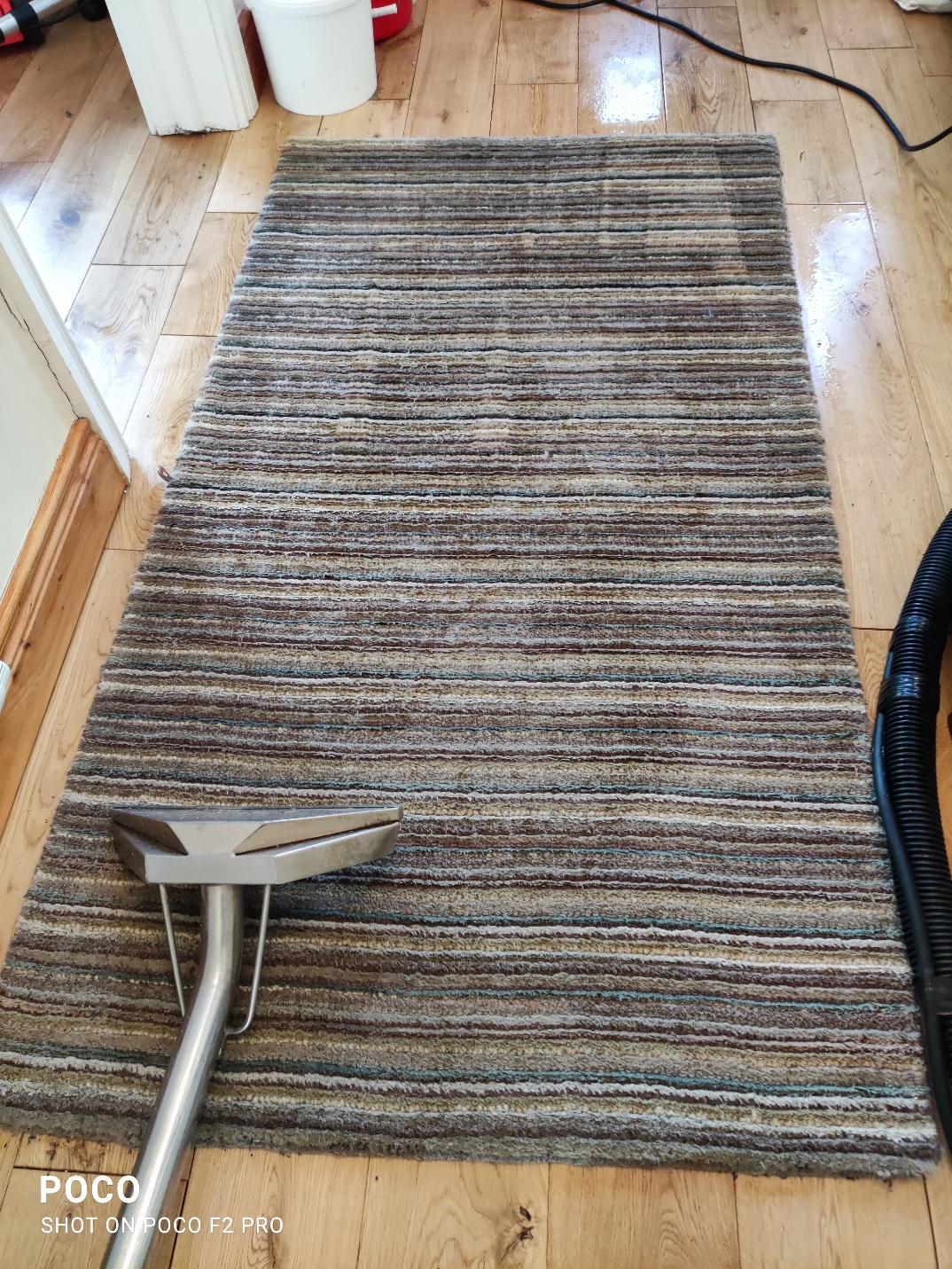
Hotels seeking an exceptional guest experience must maintain a clean and inviting atmosphere. The state of the carpets is one of many factors contributing to a hotel’s cleanliness. Establishing an effective carpet cleaning schedule ensures a positive and lasting impression. As part of this comprehensive guide, we will discuss some essential tips and tricks that can be used as a guide to help hotels choose the appropriate frequency for carpet cleaning.
1. Foot Traffic Analysis:
The foundation of an effective carpet cleaning schedule lies in a comprehensive analysis of foot traffic patterns throughout the hotel. Hotel areas experience different levels of foot traffic, with high-traffic zones such as lobbies, hallways, and entrances requiring more frequent cleaning. Hotel cleaning schedules are tailored to the specific needs of each area by regularly assessing these patterns. A high-traffic area may require more frequent cleaning to combat the wear and tear caused by constant use.
2. Carpet Type and Material:
Carpets are not all created equal, so the type and material of the carpet are key factors in determining how often it should be cleaned. Depending on the area, there may be carpets that are highly stain-resistant, while in others, there may be more delicate or high-maintenance carpets. When the cleaning schedule is aligned with the specific requirements for maintaining appearance and longevity, the nuances of each carpet type will be understood. A regular assessment of carpet types and materials enables hotels to make informed decisions regarding the use of cleaning products and methods.

3. Seasonal Considerations:
Cleaning carpets is complex due to the changing seasons. In the winter, guests may accidentally track in salt and snow, while activities may generate more dirt during the summer. By adjusting the cleaning schedule according to seasonal demands, carpets remain in optimal condition all year round. If you plan to use more frequent cleanings during high-traffic periods, you can reduce the wear and tear of the carpets. Hotels must adjust their cleaning schedules according to the changing seasons to be prepared to tackle the unique challenges presented by each season.
4. Guest Turnover and Events:
The hotel must consider the increased foot traffic and spill potential when experiencing high guest turnover or hosting events. Adjusting the cleaning schedule to accommodate these fluctuations is essential to maintaining the hotel’s reputation. Hotels must plan for major events and peak seasons to maintain the cleanliness of their carpets. When hotels understand the dynamics of guest turnover and events, planning more intensive cleaning sessions before and after these periods of high impact is possible.
5. Regular Vacuuming:
The importance of vacuuming daily cannot be overstated. This practice prevents dirt from settling deep into the carpet fibers and prevents them from becoming embedded. It is a cost-effective and proactive method of extending the life of hotel carpets to invest in high-quality vacuum cleaners and ensure that housekeeping staff follow a consistent vacuuming schedule. A regular vacuum not only maintains cleanliness but also contributes to the cleanliness and hygiene of the hotel environment.
6. Deep Cleaning Schedule:
Hotels should also establish a deep cleaning schedule in addition to daily vacuuming. Various factors, including foot traffic, carpet type, and seasonal changes, determine the frequency of deep cleaning. A deep cleaning is required every three to six months in high-traffic areas, whereas a deep cleaning is required annually in lesser-trafficked areas. Having professional carpet cleaning services assists in ensuring a thorough and effective deep cleaning process is achieved. Deep cleaning sessions remove embedded dirt and stains, preserving the carpet’s aesthetics and ensuring its longevity.
7. Stain Response Plan:
Accidents can mar the appearance of even the well-maintained carpet, so it is critical to implement an effective stain response plan to prevent permanent damage. Using appropriate cleaning agents and techniques, hotel employees must be trained to respond to spills immediately. Regular spot-cleaning sessions can also contribute to maintaining the overall cleanliness of hotel carpets. An effective stain response plan ensures that spills are addressed immediately, minimizing the impact on the carpet’s appearance.
8. Guest Communication:
Transparent communication with guests regarding the hotel’s commitment to cleanliness is essential. Displaying information about the regular carpet cleaning schedule in guest rooms or common areas can help establish expectations and demonstrate your commitment to maintaining a clean and comfortable environment. Furthermore, guest feedback can provide valuable insights into the effectiveness of the cleaning schedule. Communicating openly with guests fosters trust and assures them that the hotel is committed to their comfort and well-being.
We at Sandyford Carpet Cleaning believe that choosing the right hotel carpet cleaning schedule requires a holistic approach that considers foot traffic, carpet type, seasonal variations, and guest turnover. Maintaining the cleanliness and longevity of hotel carpets requires regular vacuuming, deep cleaning, and a proactive stain response plan. By implementing these tips and tricks, hotels can ensure a pleasant and memorable stay for their guests. An effective cleaning schedule contributes to the guest experience and the hotel’s reputation and success.
